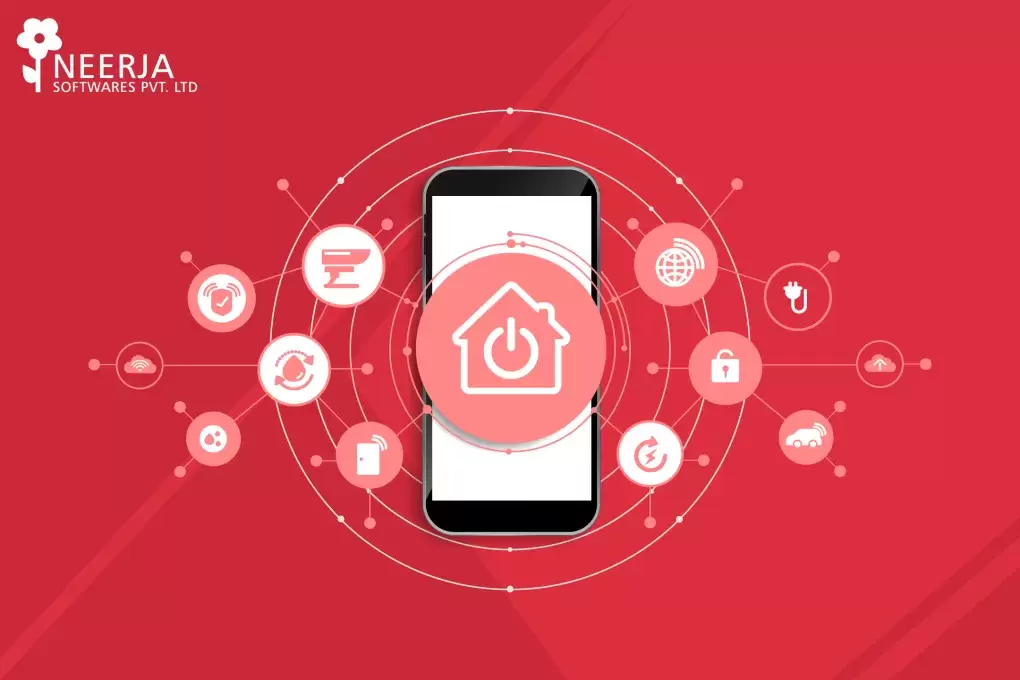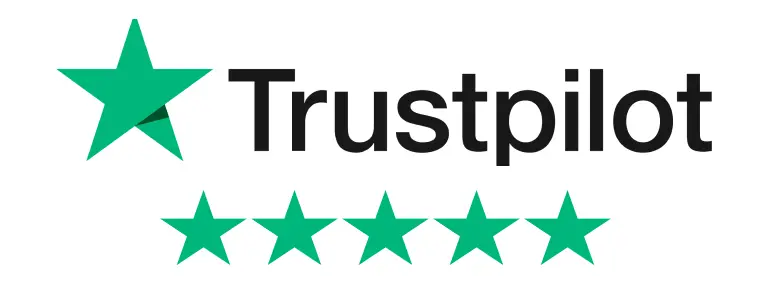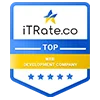
Modern-day mobile app development offers a range of benefits that pertain to effectiveness, speed, and a bug-free atmosphere. Within the framework are pre-built elements such as compilers, toolkit, and debugging tools. They can be used to display the application over the target device by using the company's code.
When a reputable mobile app development company is put to avail, then a client is empowered to create a mobile application that is reactive, quick, and enables the finest user interactions. Overall, using a mobile app creation platform will speed up and simplify the procedures for creating a mobile app. Neerja Softwares offers premium custom mobile application development services and is the ideal vendor for your varied requirements.
Quick Navigation
Let us take a look at a few of the modern mobile app development technologies that can be useful for Android.
Trending Android App Development Frameworks!
1. React Native
React native has been built and is supported by Facebook. It is a cross-platform framework that features high accessibility. This makes React Native particularly popular among programmers.
The key advantage of using React Native is that it facilitates quicker implementation and development. Similarly, React Native is an android GUI framework, characterized by reusable elements, plus component-based GUI creation for front-end apps and interaction with third-party extensions.
The performance of React Native is exceptional and a few of the top businesses that use React Native business apps include Amazon Prime, Skype, Airbnb, and Tesla.
2. Flutter
As an open and free framework, Flutter is offered by Google. Creating native Android and iOS is easy using Flutter’s simple codebase.
Flutter is a path-breaking SDK for cross-platform application development. This is the distinguishing feature of Flutter – a novel way of creating apps that are similar to native.
Development procedures are accelerated by using Flutter, which makes it a dependable and unrivaled smartphone UI framework that creates attractive apps swiftly.
Also Read: Mobile App Development Trends that will Dominate 2022
As an android API framework, Flutter yields prime results for iOS as well. Flutter is precise and comprehensive. It contains widgets, features for debugging and integrating APIs, a rendering engine and makes resources available for the creation and deployment of attractive mobile applications.
Among the top organizations that use Flutter are Abbey Road Studios and Google.
3. Xamarin
As an alternative cross-platform framework for application development, Xamarin is ideal for creating applications for both Android and iOS. Xamarin leverages the C# programming language and creates applications using only a few lines of code. The coding turnaround times are correspondingly lower. Xamarin will furthermore allow us to quickly transfer the scripts across other systems, which include macOS and Windows.
Microsoft has now acquired Xamarin. In the case of Xamarin, quicker development times do not translate to sacrificing construction and quality. Instead, apps based on Xamarin are associated with flawless native functionality based on efficiency and quality.
The connection of Zamarin with Microsoft Visual Studio is further advantageous in the terms of productivity and management of app development.
4. Swiftic
As a DIY mobile app platform, Swiftic makes the creation of unique applications easy for just about anyone. App development hence simplifies, and all that programmers need to do is integrate the existing material from over the internet. They do not have to start afresh.
Swiftic is widely cited to be among the supplest frameworks for mobile application development. The top benefits of using Swiftic are its reasonably smooth user experience, straightforward strategies, and specialized banking.
The Swiftic framework encompasses push alerts, app advertising, social media platform feeds, and several other technological advancements. Swiftic is furthermore considered to be the simplest among all solutions for mobile app development because it empowers one to design, launch and scale one’s app using a unified control panel.
5. Ionic
Ionic is a framework that has explicitly been crafted for Progressive Web Apps (PWAs), cross-platform mobile applications, and hybrid mobile applications. So, it is not just an android development platform but feasible to use as an iOS development platform as well.
As a framework, Ionic features matchless accessibility. It uses features like Apache Cordova (PhoneGap) plus Angular for empowering the coders to use Android and iOS applications that operate together, seamlessly. When you hire a dedicated android developer, they leverage the varied UI components within the application. Upon this, Ionic further aids in creating feature-rich native apps. Furthermore, this framework help developer in making easily navigable apps with proper design visuals and layouts; thus making your app user-friendly.
6. Apache Cordova
Apache Cordova is one of the java frameworks for android development. Apache Cordova earlier used to be known as PhoneGap. Overall, Apache Cordova is a cross-platform framework for application development. Mobile applications are built using JavaScript, HTML5, and CSS3 using Apache Cordova.
By using Apache Cordova plugins, coders are empowered to leverage the hardware features of smartphones, such as accelerometers, cameras, and GPS. They can hence offer a native-like interface. Apache Cordova also features a tool for third-party application administration. Apache Cordova is among the most popular frameworks for android development and iOS development as well.
7. jQuery Mobile
jQuery is a precise and cross-platform framework for mobile app development. It enables Android framework development. Using jQuery, explicit platform-agnostic applications can be made.
Also Read: Pros And Cons Of Hybrid App Development
Supple web portals created using jQuery can function across different platforms, including smartphones, PCs, tablets. Herein, HTML and JavaScript are utilized. jQuery also uses Theme Roller to offer themes high on configurability for mobile and web applications.
Conclusion
With time, mobile frameworks deliver value to businesses. The mobile frameworks listed here open up a range of possibilities for your mobile apps. When the development phase for a mobile app is conducted well, it invariably yields prime outcomes over the short term and the long term alike.















